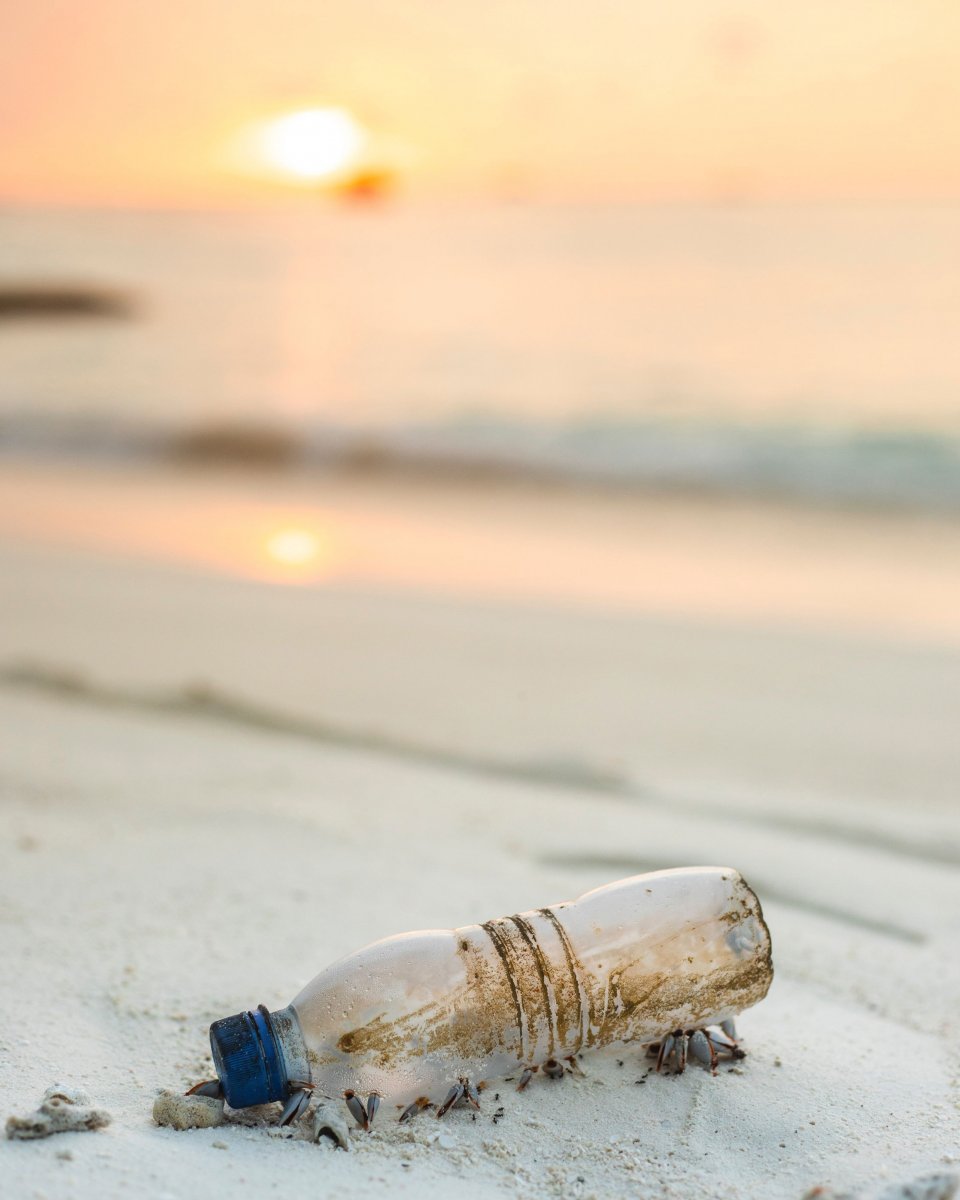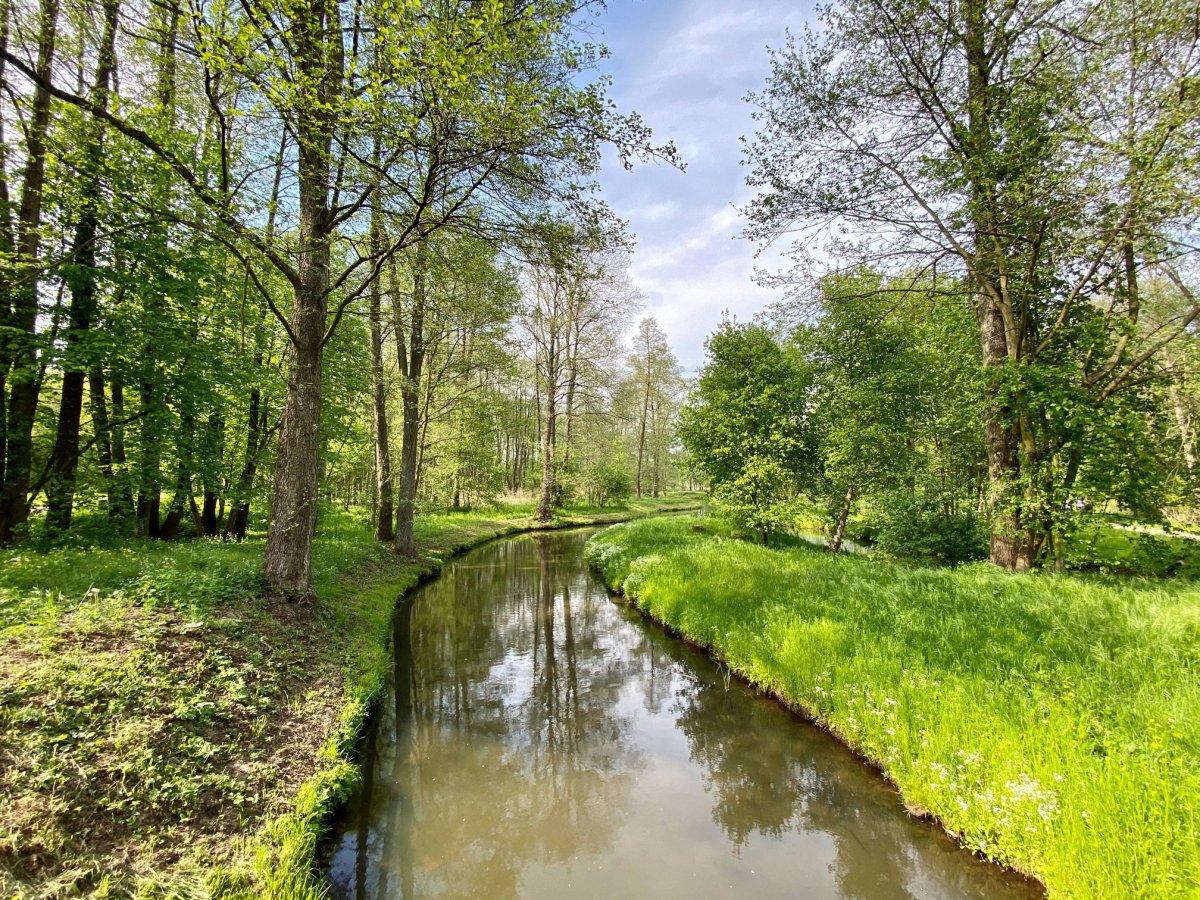The significance and impact of the global SARS-CoV-2 epidemic is being addressed by researchers from a variety of disciplines. These include the winners of the just-concluded OPUS 20 + LAP call. Thanks to grants awarded by the National Science Centre (NCN), researchers will be able to look at the consequences we have faced as a result of the pandemic.
OPUS is the main NCN call, expanded in the 20th edition by an international path based on the Lead Agency Procedure, in which researchers at all stages of their scientific career may apply for funding for research projects in the field of basic research. Among the laureates of the OPUS 20 call, there are also researchers whose projects will examine the consequences of the pandemic that has been with us for over a year.
Coronavirus and managerial decisions
One of the projects to be funded in the OPUS 20 call is the grant “Behavioural biases in corporate risk management and investment decisions – their impact on selected macroeconomic indicators in Poland during the COVID-19 pandemic”.
Researchers want to find out how coronavirus-related psychological factors affect the decisions of managers of companies listed on the Warsaw Stock Exchange. – We want to investigate to what extent, in a pandemic situation, factors such as fear, a sense of uncertainty, perhaps even panic, influence decision-making at an individual level and how they can affect the economy as a whole – says Prof. Adam Szyszka of the SGH Warsaw School of Economics, head of this project.
- The pandemic triggered incentives that could potentially influence less rational, suboptimal decisions – the researcher adds. An example of such irrational behaviour would be, for example, refraining from making decisions, even when the pandemic and the associated uncertainty, have no impact on the business project in question.
In addition to researchers from SGH, the grant will also involve researchers from the Faculty of Psychology at the University of Warsaw and the University School of Advanced Studies in Padua. The researchers will conduct a survey of entrepreneurs and then want to aggregate the data obtained. To this end, they plan to build a so-called multi-agent model. – If we find an anomaly, we want to see if it can be replicated – he adds. Multi-agent modelling allows us to simulate and see what would happen if all entrepreneurs behaved in the same way; what the impact would be on economic performance, employment, investment and growth.
Attention, plastic!
The OPUS 20 call will also fund prof. Małgorzata Grodzińska-Jurczak “Mayday, plastic threat! - Integration of citizen science and science communication into solutions to single-use plastic pollution at times of the COVID-19 pandemic”.

Prof. Małgorzata Grodzińska-Jurczak is a biologist and ecologist, working at the Institute of Environmental Sciences of the Jagiellonian University. Her research concerns the social aspects of nature conservation and environmental protection. Together with the Nature Conservation and Environmental Education Team, which he heads, he is concerned with plastics, mainly single-use plastics, and their impact on the environment and human health. It explores what is the public perception of single-use products made of plastic, among different stakeholders, e.g. producers, recyclers, policy makers.
The production and disposal of plastics, especially single-use plastics such as cups, plates, bowls and cutlery, and the associated emissions of toxic substances – mainly carbon dioxide – have been identified as having a significant impact on climate change and human health. The European Commission has ordered all EU member states to reduce or completely eliminate them by 2021. However, these provisions were issued before the pandemic, and this changed the situation completely. – Climate problems and the threat of plastic have receded into the background. Understandably, in light of the threat to life and health, the hierarchy of values in the life of the potential consumer, which is each and every one of us, has reversed – says prof. Grodzińska-Jurczak. However, he adds, there is now a big challenge ahead to reduce plastic and return to the way the problem was viewed in pre-pandemic times.
- We plan to identify the most effective methods to reduce the production and use of single-use plastics. We are betting on the model of a closed loop economy that we have created, but understood not as before, technically, but as a model for creating knowledge and circulating information about plastics between different stakeholders involved in the plastics economy – explains the researcher.

As part of the National Science Centre grant, researchers will study the discourse on plastic in other European countries in scientific literature, traditional and social media. Among other things, they also plan to conduct large sample surveys on Poles' knowledge of the toxicity of single-use packaging and the actions they would be willing to take to reduce plastic. They will organise focus studies of representatives of different professions, including producers, recyclers, but also researchers and young people. – We are about finding a common solution. Today, science is not only the domain of researchers. It is knowledge creation based on the experience of different stakeholders. Only a debate in which society is involved and the dissemination of knowledge by us researchers can lead to greater awareness and the development of appropriate behaviour towards the environment. Remember, popularisation of science is the mission and duty of every scientist – he adds.
COVID-19 – this needs to be investigated!
The ranking list of the twentieth edition of the OPUS call also included other projects on coronavirus and the accompanying effects of its emergence. Thanks to grants awarded by NCN prof. Piotr Błędowski from the Warsaw School of Economics will carry out a project entitled. “Households in the time of the coronavirus. Work, education, and support under uncertainty”,
prof. Piotr Heczko from Jagiellonian University will investigate “Mechanisms of immunity directed against coronaviruses based on the analysis of antibodies in convalescents, exposed/sub-clinical residents and non-exposed residents of Polish long term care facilities and their reaction with coronavirus antigens”, and dr Andrea Lipińska from the University of Gdańsk will look at “Immunomodulatory properties of SARS-CoV-2 coronavirus-encoded proteins”.
The OPUS + LAP call is open to researchers at all stages of their career, representing all scientific disciplines. In the twentieth edition of the call, researchers could apply for funding for projects implemented without the participation of foreign partners, projects carried out in bilateral or multilateral international cooperation (including LAP – Lead Agency Procedure), as well as projects requiring the use of large international research facilities. The call traditionally enjoyed great interest – NCN received a total of 2122 proposals. After the formal and content-related evaluation process, experts qualified 342 projects worth over PLN 449 million for financing, including 79 proposals submitted in the lead agency procedure (LAP), which are waiting for acceptance from partner institutions.
